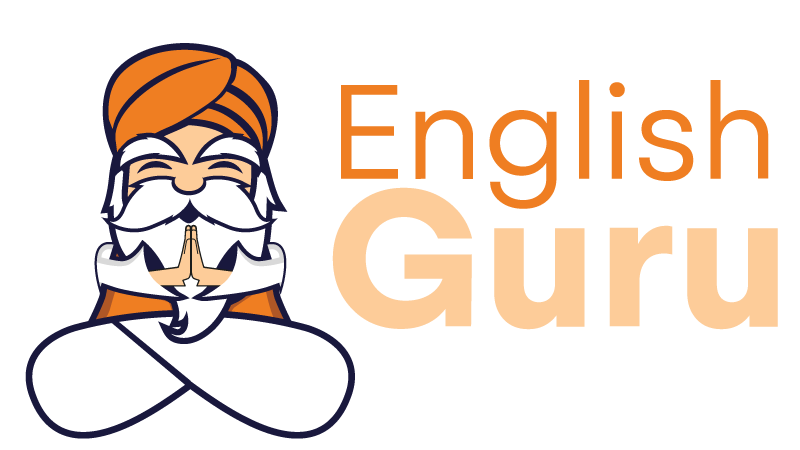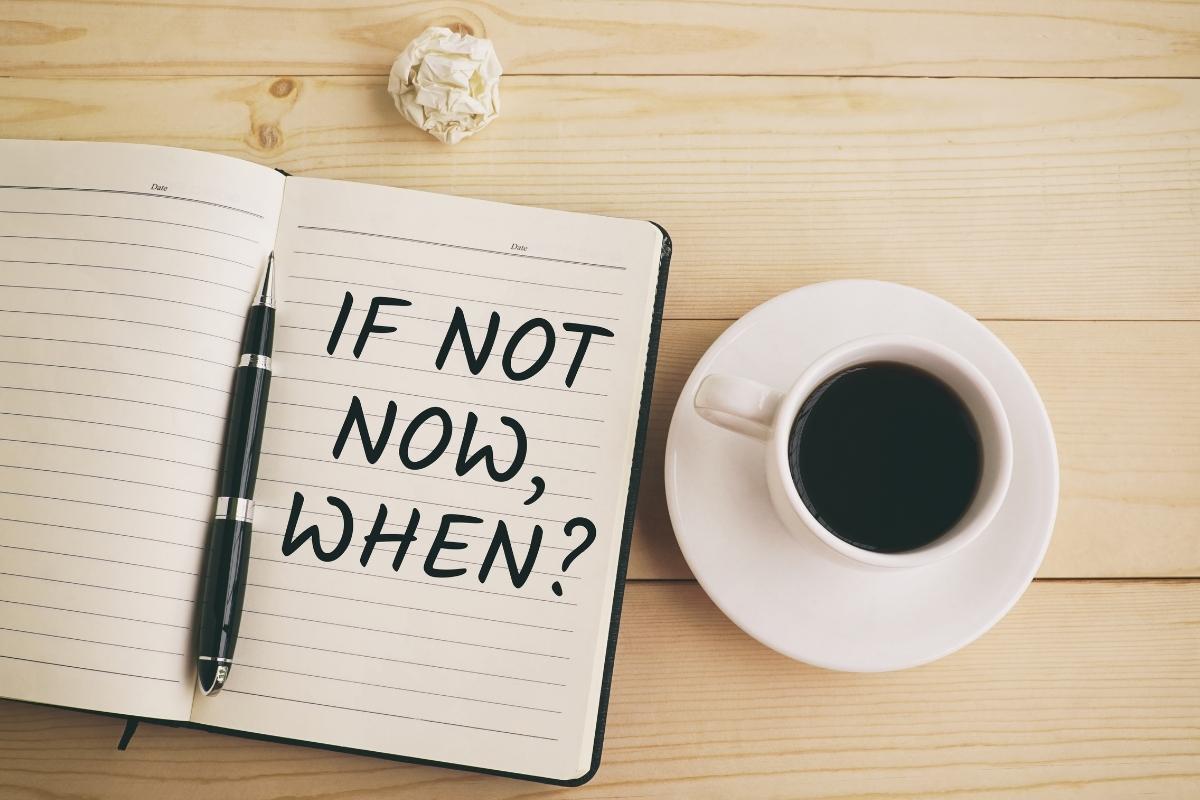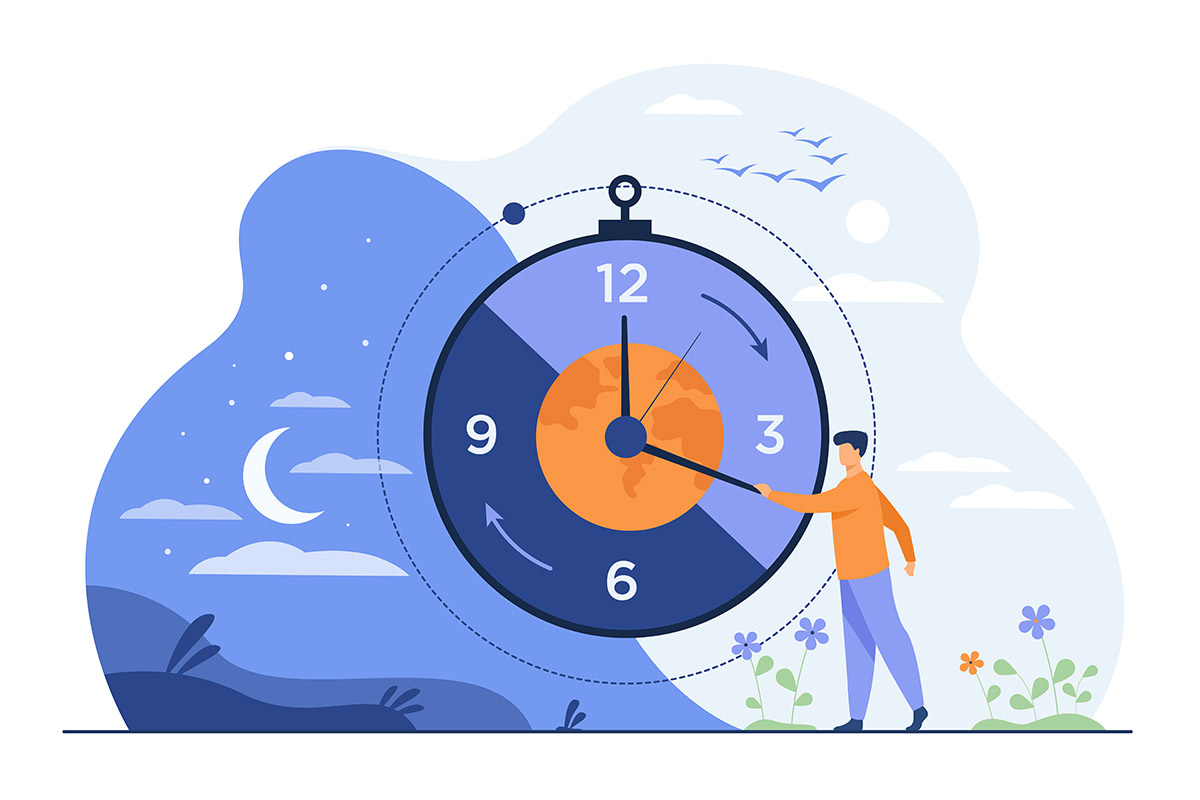In this content, we will explain the differences between should, could and would and give details about how you should use them. Also, let’s show the differences between these words with sufficient example sentences. Thus, after reading our content, you will be able to distinguish these words from each other.
What are These Words?
These words are modal verbs. You can think of modal verbs as special words used to modify actions. Because they modify verbs, they come before the verb and enable us to add different meanings to that verb at certain times, such as possibility, necessity, ability, desire. Depending on the differences between should, could and would we can say that: The verb that comes after the modal verb is always in its first form.
This is also the function of the words would, could and should, or the negative words wouldn’t, couldn’t and shouldn’t. For example, let’s look at very simple sentences. We can add different meanings to the verb ‘go’ by using modal verbs. In addition, which modal verb we use, the meaning changes accordingly.
- I could go.
- I should go.
- I would go.
- I might go.
Now you know what a modal verb is. Depending on the differences between should, could and would we can say that: In short, by using these words, we modify the mentioned action to add different meanings.
Basic Meanings of Should, Could and Would
Let’s examine the words would, could and should in more detail. The word could is used to describe an action that is possible or likely to happen. It is also used as the past tense of the modal verb ‘can’, and in this usage it indicates a skill you had in the past.
Depending on the differences between should, could and would we can say that: If the expression is in the past tense, it is used as the past form of the word and indicates a skill in the past tense. Whether the expression is in the present or future tense, it denotes something that is possible or likely to happen.
Now let’s look at the word ‘would’. The word ‘would’ denotes an action that can take place in an imaginary situation or when certain conditions are met. It also serves to indicate an action that may happen in the future or an action that was done regularly in the past. Finally, the word ‘should’ is used to describe an action that has to happen.
Examples for Would, Could and Should
Depending on the differences between should, could and would we can say that: First, let’s examine how these 3 words affect the meaning using the same sentence. Let’s take the sentence ‘I swim every day’. Let’s examine how the modal verbs would, could and should change the meaning of the sentence while constructing this sentence.
- I would swim every day. (I used to swim every day.)
Here I am describing an action that I have done regularly in the past (I used to swim every day) or an action that could happen under certain conditions (like I would swim every day if I had the time).
- I could swim every day. (It can mean two different things.)
If I am speaking in the present or future tense, I am saying, ‘I can swim every day.’ In this case, I am stating that there is a possibility that I can swim under the conditions I am currently in. If I’m speaking in the past tense, I’m saying, ‘I could swim every day,’ and I’m stating a skill I had in the past. This usage is also the past tense of the modal verb ‘can’.
- I should swim every day. (In this case, I state that I have to swim every day and that this action must take place.)
Always Consider the Meaning as a Whole
Depending on the differences between should, could and would we can say that: In order to understand the meaning in which these words are used, you must understand the sentence in a whole meaning. This is because meanings can vary. We also do this when speaking in our natural language. I can better illustrate what I mean through an example.
For example, let’s look at the sentence ‘I would swim’ again. This sentence means ‘I was swimming’. Just looking at it that way, it’s hard to understand what this sentence means. It can mean something like ‘Last year I used to swim every day’ or it can mean ‘I would swim every day if I had time’.
Just like when speaking your native language, what determines this difference is the general meaning, the time of the sentence and what the speaker is saying. Depending on the differences between should, could and would we can say that: When I say ‘last year’ in the first sentence, it seems that I am talking about the past. In the second sentence, it is immediately obvious that I am talking about an imaginary situation, as I start with ‘if I had time’. This affects the meaning of the word ‘would’.
What Does Would, Should, Could Mean?
In essence, what you need to remember is this:
‘Could’ describes something that can happen or be done in the present or future. In the past tense, it denotes an ability or skill.
‘Would’ describes something that could happen under certain circumstances, or when spoken in the past tense, it describes an action that took place in the past. Depending on the differences between should, could and would we can say that:
‘Should’ describe something that should happen.




